When it comes to purchasing or operating a flatbed trailer in Colorado, understanding the requirements surrounding the Vehicle Identification Number (VIN) is essential. This guide will clarify whether or not a VIN check is necessary for flatbed trailers, and discuss the implications involved in this process.
Understanding the VIN: What Is It?
The Vehicle Identification Number is a unique code assigned to every motor vehicle, including trailers. It serves multiple purposes, such as:
- Identification: Distinguishes one vehicle from another.
- Tracking: Assists in the history of the vehicle, including accident records, ownership changes, and theft.
- Verification: Ensures that the vehicle’s specifications match its title.
For flatbed trailers specifically, the VIN can be pivotal in determining compliance with state regulations, safety standards, and ownership verification.
The Importance of VIN Checks in Colorado
Colorado law mandates that all motor vehicles, which may include certain types of trailers, have a VIN for identification and recording purposes. However, the specifics can vary considerably based on the type of trailer and its intended use.
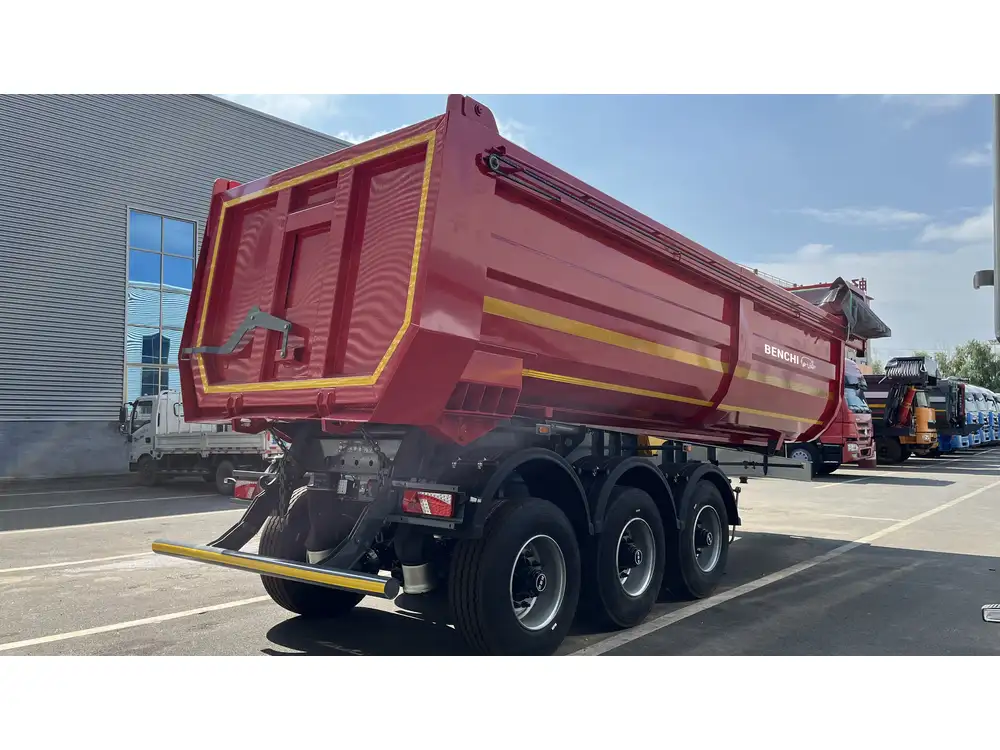
Key Aspects of Colorado VIN Regulations
- Registration: In Colorado, trailers must be registered and tagged, which involves submitting documents that include the VIN.
- Title Transfers: A VIN check is essential for the transfer of ownership. The new owner must ensure that the trailer’s documentation aligns with its VIN to avoid any legal issues.
- Insurance Purposes: Insurance companies often require a VIN to assess risk and insurance premiums accurately.
Flatbed Trailers: Do They Require a VIN Check?
When it comes to flatbed trailers, the answer may not be as straightforward as one would hope. Here’s a breakdown of scenarios:
| Scenario | Needs VIN Check? | Details |
|---|---|---|
| Newly Manufactured Flatbed | Yes | Required for registration and title verification. |
| Used Flatbed Trailer Purchase | Yes | Critical for verifying ownership and inspecting potential claims. |
| Homemade Flatbed Trailer | Yes | Must obtain a VIN from the state through inspection. |
| Commercial Use Flatbed Trailer | Yes | Compliance with insurance and regulatory requirements. |
| Personal Use Flatbed Trailer | Sometimes | Recommendations vary based on the value and age of the trailer. |
Why Some Scenarios May Not Require a VIN Check
For older, homemade, or lightweight trailers that might not be driven on highways, some owners may feel a VIN check is unnecessary. However, caution is advised, as this could lead to complications during registration or if the trailer is involved in an accident.
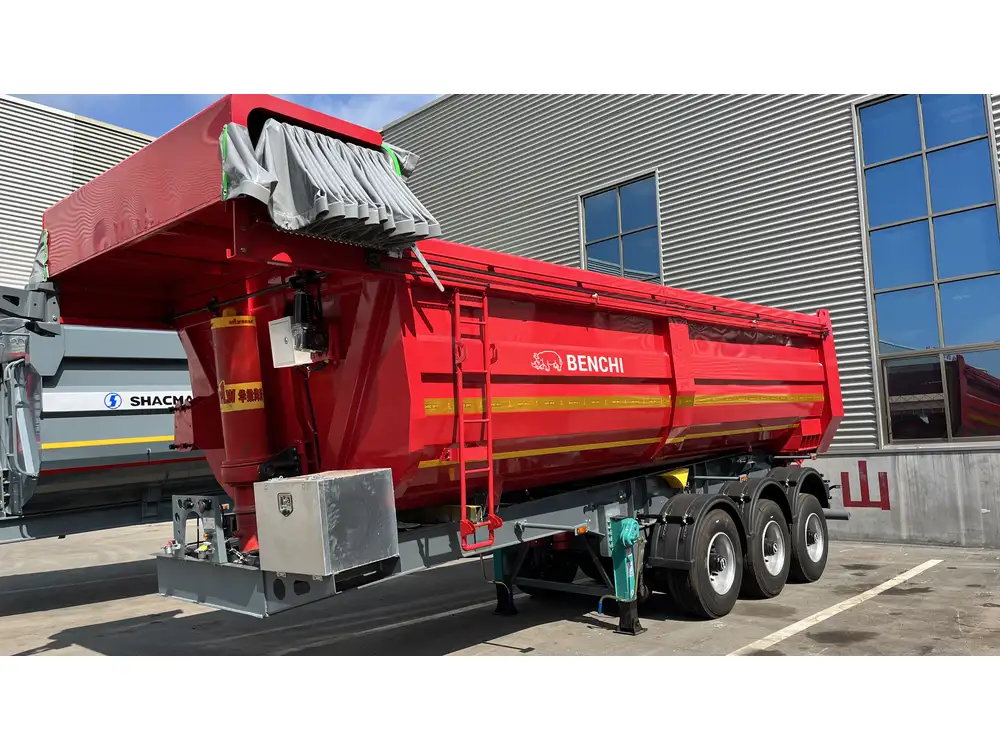
The VIN Check Process in Colorado
To perform a VIN check for a flatbed trailer in Colorado, follow these steps:
Gather Required Information: Make sure to have relevant documents, including any previous titles, purchase receipts, and identification.
Visit the Department of Motor Vehicles (DMV): Present your materials to the nearest DMV location. Alternatively, some forms may be able to be processed online on the Colorado DMV website.
Complete Required Forms: Fill out any necessary forms for VIN verification. This usually includes a statement declaring the trailer’s intended use.
Pay Fees: Be prepared to pay the applicable fees for the VIN check and any other related services.
Receive Confirmation: Once processed, you will receive confirmation whether the VIN is valid and in good standing.
Cost Implications of a VIN Check for Flatbed Trailers
Conducting a VIN check may involve various costs, which can include registration fees, title transfer fees, and specific VIN verification fees set by the state. Here’s a general breakdown:
| Service | Estimated Cost |
|---|---|
| VIN Verification | $15 – $25 |
| Title Fee | $7 – $15 |
| Registration Fee | $20 – $100+ (based on weight and use) |
These costs can flexibly vary, so checking the Colorado DMV’s official site for the latest fees and updates is advised.
Common Mistakes to Avoid in VIN Management
When dealing with flatbed trailers and VIN checks, it’s crucial to circumvent common pitfalls to ensure compliance and efficacy:
Ignoring the Importance of VINs: Some owners underestimate the role of VIN in proving ownership and compliance. Every trailer should have a VIN for registration.
Neglecting Title Transfers: Failing to initiate a title transfer can result in ownership disputes and complications in selling the trailer later on.
Overlooking State Regulations: Regulations can change; it’s paramount to stay informed about the current legal requirements surrounding trailers in Colorado.
Assuming There’s No Need for Insurance: Flatbed trailers, primarily if used for commercial purposes, often require insurance coverage, which mandates a VIN check.
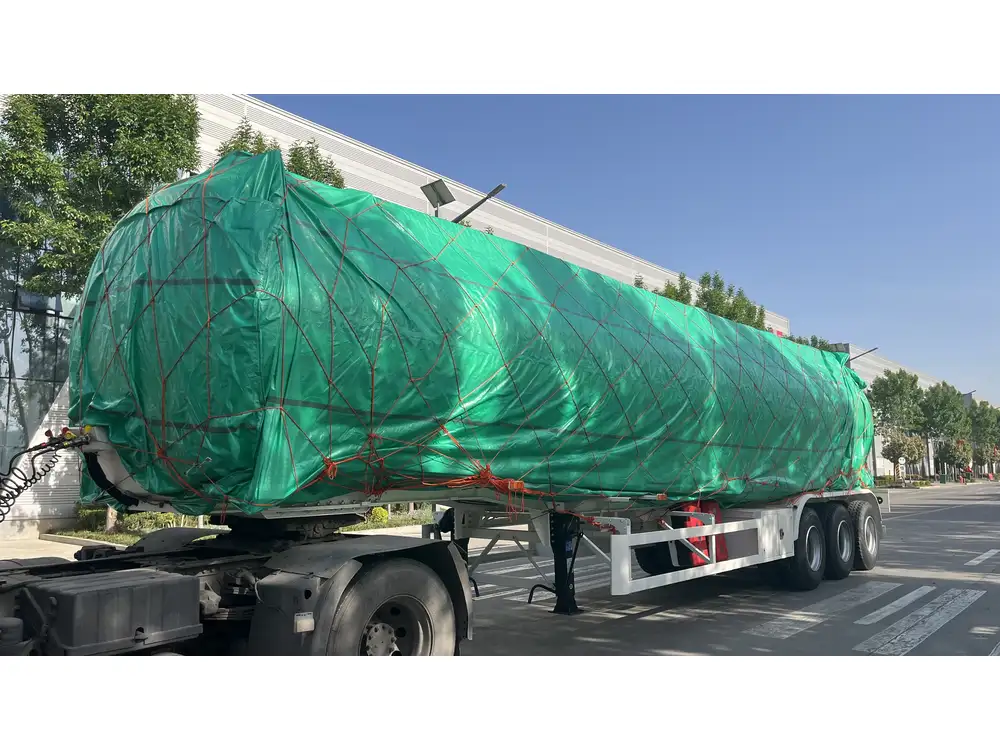
Frequently Asked Questions
1. How can I obtain a VIN for my homemade flatbed trailer in Colorado?
To obtain a VIN for a homemade flatbed trailer, you typically need to apply for a VIN through the Colorado DMV. This process often requires an inspection by a certified Colorado state official.
2. What if the VIN on my flatbed trailer doesn’t match the title?
It’s critical to rectify any discrepancies immediately. Mismatched VINs can lead to serious legal disputes regarding ownership. You can consult the DMV to resolve any issues related to VIN or title mismatches.
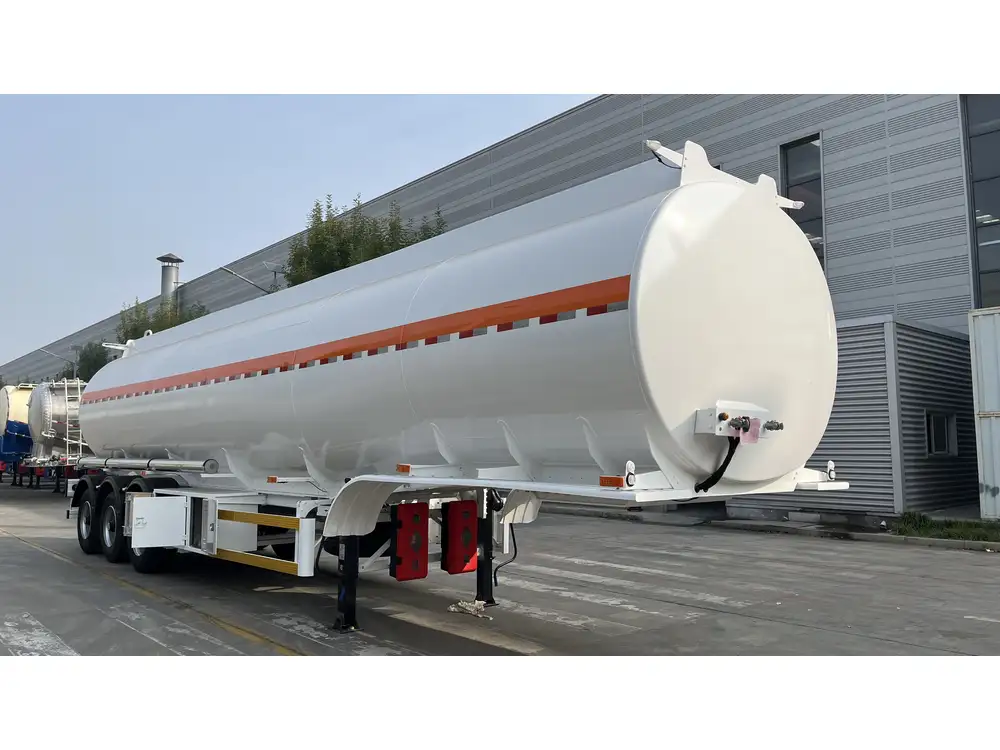
3. Does insurance require a VIN check for me to obtain coverage?
Yes, insurance policies for trailers typically require a VIN to assess risk and to process claims effectively. Therefore, ensuring your trailer has a correct and verified VIN is crucial for compliance and coverage.
4. What are the penalties for not having a VIN check?
Operating a trailer without a valid VIN can lead to penalties from the state, including fines, difficulties in registration, and complications during ownership transfers.
Conclusion
Understanding the importance of a VIN check for flatbed trailers in Colorado is vital for any owner or prospective purchaser. This not only streamlines the registration process but also ensures compliance with state regulations, insurance requirements, and ownership verification. By paying attention to VIN details and processes, you can avoid legal complications and enjoy worry-free operations of your flatbed trailer.
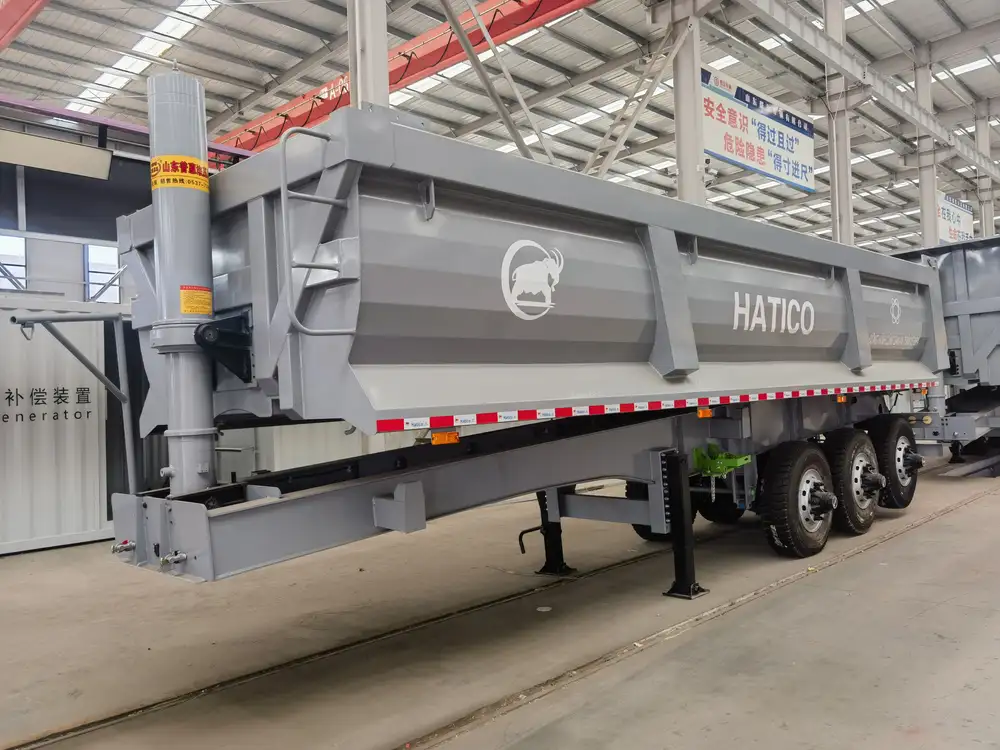
Summary Table: Essential Points Regarding VIN Checks
| Aspect | Details |
|---|---|
| What is a VIN? | Unique identifier for vehicle and trailer records. |
| Is a VIN check needed? | Yes, for most situations, including registration. |
| Where to check? | Colorado DMV (in-person or online). |
| Common costs | $15 – $25 for VIN verification; varies by case. |
| Mistakes to avoid | Ignoring the need for VIN verification; neglecting title transfers. |
By being diligent about the VIN verification process, you can ensure a seamless experience in owning and operating a flatbed trailer in Colorado. Engage with your state’s regulations, research necessary requirements, and make an informed decision to keep your operations compliant and efficient.



